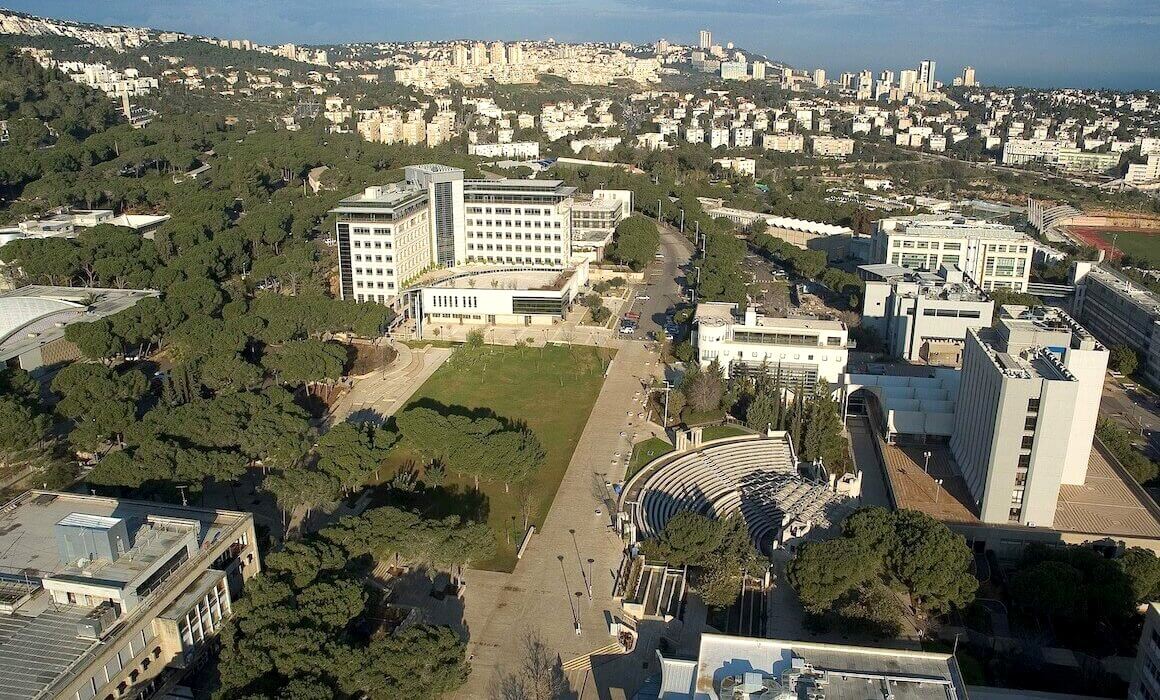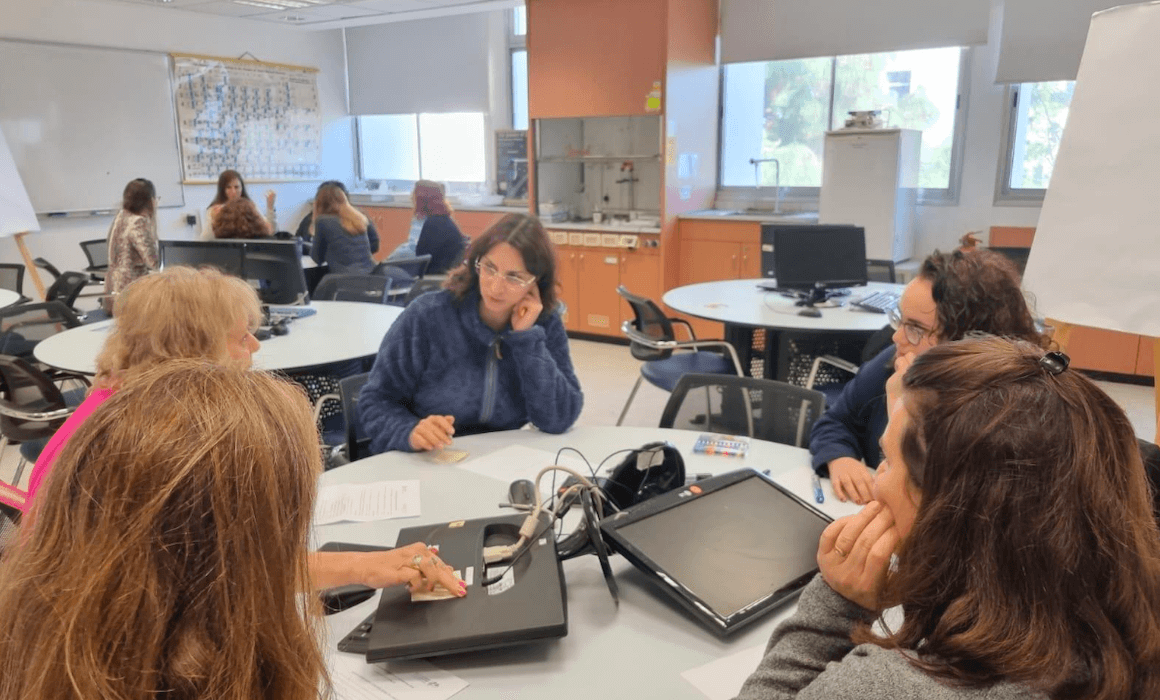Fighting Chemo Hair Loss

Recently, a team of 12 Technion undergraduates competed in the prestigious iGEM competition in Paris, France. Led by Maia Lehrman, they presented their research for developing a way to reduce hair loss in chemotherapy patients by using a bacteria called decursin.
Decursin is derived from a plant, Angelica gigas – grown exclusively in China and Korea – that has the ability to prevent apoptosis, or programmed cell death, including in hair cells. The project focused on engineering bacteria enzymes to create more decursin bacteria, since the plant is very rare and only contains a small amount of decursin. Their ultimate goal is to develop a scalable method for producing decursin and then adding it to shampoos, creams, and other products to reduce hair loss for chemotherapy patients.
According to Lehrman, the idea for the project came from speaking with teammate Baraah Rashed’s neighbor, who was battling cancer and receiving chemotherapy treatments. Through speaking with her, the team learned of the distress the neighbor was going through as a result of losing her hair, which led to the team researching induced hair loss and ways to prevent it. The team hopes to continue their research using the method that earned them a first-place win for having the most precise biological measurement methods and which was led by team members Iser Snoyman and Mattan Hoory.
The team was also recognized as the best bio-manufacturing project. Additionally, they were ranked in the top four teams in six other categories, including one for giving the best presentation.
The prestigious iGEM Competition was initiated by the Massachusetts Institute of Technology in 2004 to give students an opportunity to experiment in synthetic biology. Technion teams have been competing in iGEM and winning since 2012 under Professor Roee Amit, head of the Synthetic Biology Laboratory for the Decipherment of Genomic Codes.
This year’s group was comprised of students from a variety of faculties including biomedical engineering, computer science, biotechnology, food engineering, and more. The team members were Team Captain Maia Lehrman, Nova Noiman, Baraah Rashed, Mattan Hoory, Yasmin Habib, Iser Snoyman, Mazal Faraj, Amit Nelkin, Irina Shkalikov, Yana Shklovski, Reut Laufer, and Ran Benayoun.



